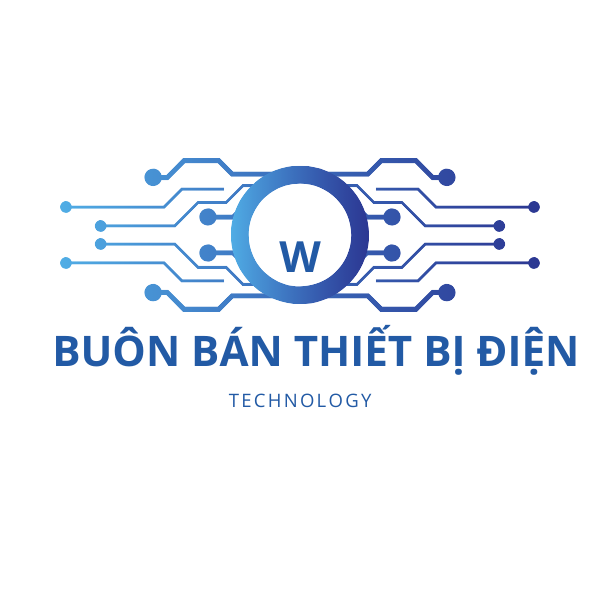Nootropics have emerged as a hot topic in the world of cognitive science. Whether you’re hustling through college exams, grinding in a startup, or just trying to think clearer, nootropics promise to boost your brain.
Let’s start by defining nootropics. They’re substances—natural or synthetic—that are believed to improve cognitive function. Focus, memory, creativity, motivation—all these may get a boost
## Types of Nootropics
Let’s explore the main types of nootropics:
### 1. Natural Nootropics
These include naturally occurring compounds that can boost cognition. Think of Ginkgo Biloba, Bacopa Monnieri, Rhodiola Rosea, Ashwagandha. These are known for helping with memory, reducing brain fog, and calming the nervous system.
Lion’s Mane, for example, promotes NGF (nerve growth factor) which may help regenerate neurons.
### 2. Synthetic Nootropics
This is where things get clinical: Modafinil, Piracetam, Noopept, and similar. These compounds are often used to treat ADHD, narcolepsy, or memory disorders.
Modafinil, for instance, is used to promote wakefulness, but it’s also used off-label to stay hyper-focused for hours.
### Brain-Healthy Nutrients
Some nutrients are directly linked to better cognitive performance. Omega-3 fatty acids (DHA), B-vitamins, magnesium, choline—all play vital roles. Sometimes your brain just needs hydration and the right micronutrients.
## How Nootropics Work
Here’s where it gets science-y They tweak your dopamine, acetylcholine, and serotonin pathways. This can result in better concentration, faster recall, and a sharper mind.
Acetylcholine is the big shot here—it’s key for memory and learning.
## What’s the Hype?
Here’s what users report:
– Faster recall
– Less procrastination
– More dopamine-driven energy
– Faster learning
– Zen-mode activated
Your mileage may vary, but many report brain fog lifting like morning mist.
## What to Watch Out For
Not everything about them is golden. Too much of a good thing can fry your circuits. Your brain’s not a test lab—be careful what you throw at it.
And not all nootropics are created equal. Be wary of miracle-pill marketing.
## Smart Mixes
A popular practice is stacking—combining multiple nootropics for synergistic effects. Examples include:
– **Caffeine + L-Theanine**: Energy without the jitters
– **Modafinil + Alpha GPC**: Hardcore productivity combo
– **Bacopa + Rhodiola + Lion’s Mane**: Balanced, plant-powered stack
Don’t want to DIY? Brands like Mind Lab Pro and Alpha Brain already did the math for you.
## Who Uses Nootropics?
The user base is broadening. Common users include:
– Sleep-deprived college kids
– Silicon Valley hustlers
– Twitch streamers leveling up
– Artists hunting the muse
– Older adults preventing cognitive decline
## Smart First Steps
So how do you start? Follow these steps:
1. **Start small**: Begin with basics like L-Theanine or Omega-3
2. **Research thoroughly**: Use PubMed, Reddit, and real reviews
3. **Cycle your usage**: Give your brain a breather
4. **Track your results**: Use a journal or app
5. **Talk to a doctor**: Especially if mixing with medication
## Wrap-Up
Are they miracle drugs? No. But are they helpful? Potentially.. Like any tool, it’s how you use them that matters.
So, are you ready to hack your brain?
Read more: omeka.net (best nootropics cognitive enhancers)
